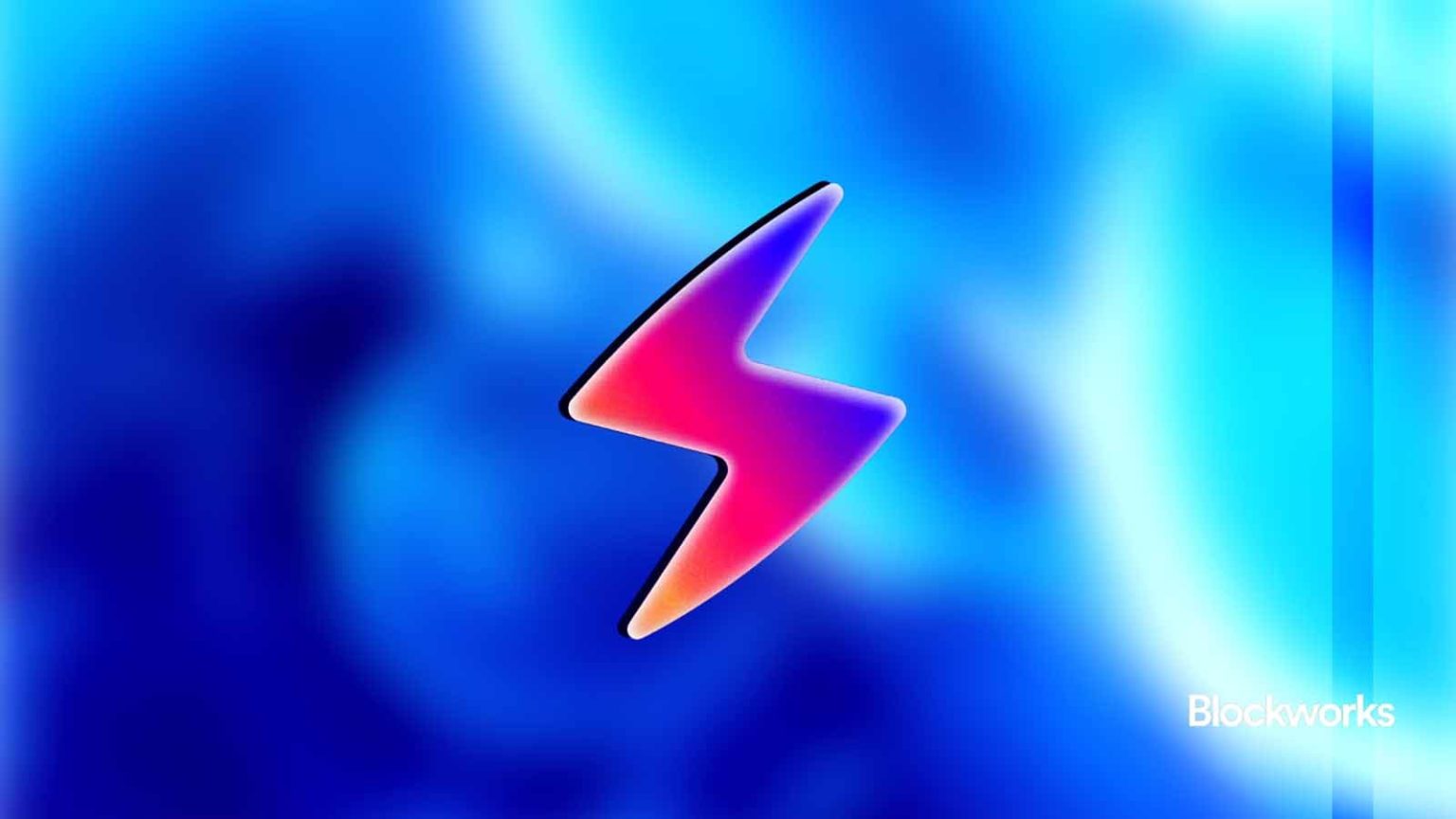Switchboard’s Surge Oracle Network Arrives on Solana Mainnet
Switchboard’s highly anticipated “Surge” oracle network officially went live today on the Solana mainnet.
Facing increased competition from high-speed rivals like Hyperliquid, Solana is bolstering its oracle infrastructure. The network’s flagship price oracle promises significantly reduced latency, potentially attracting protocols demanding faster data feeds.
According to Switchboard, the Surge network offers integration at no cost and, as claimed, represents the fastest oracle solution on Solana. Average latency is stated to be below 100 milliseconds, marking an improvement of approximately eight times faster than existing providers and costing roughly one hundred times less, based on the team’s press release.
Distinctive performance metrics emerge for specific deployments: protocols colocated with specific Surge nodes could achieve latencies as low as 8-25 ms, approaching or even exceeding the speed of traditional Centralized Exchanges (CEXs).
These performance gains stem from core architectural changes.
Traditional “pull” oracles gather price data, post it to the Solana blockchain, and await network consensus before decentralized applications (dApps) can access it. This process inherently introduces delays of 2-10 seconds. Surge replaces this model with a direct WebSocket data stream from approved sources directly to applications, thereby omitting the consensus wait.
Oracle nodes delivering data via Surge actively push price updates only upon significant market price changes. This eliminates the resource-intensive, step-by-step polling common in “on-demand” traditional oracles, reducing unnecessary slot consumption and gas fees.
In an interview with Blockworks, Switchboard co-founder Chris Hermida highlighted Surge’s targets: “It’s developed for high-volume applications within DeFi, particularly latency-sensitive protocols or products such as DeFi derivatives, and oracle AMMs.”
Surge operates on Switchboard’s open-source SAIL (switch forward attestation inference layer) framework. This framework employs trusted execution environment (TEE) hardware attestations to guarantee that each selected oracle node runs authorized, verified Switchboard software before gaining permission to connect and disseminate data.
In overview, Solana’s solution for decentralized oracle data faces a competitive market.
DeFiLlama data suggests strong competition regarding Total Value Secured (TVS) — currently led by Pyth ($2.3b), followed by Edge ($2b) and Switchboard ($1.2b).
However, caution is needed regarding TVS as a market dominance metric. Blockworks Research expert Ryan Connor contends a more accurate indicator of an oracle’s real-world impact is Total Transaction Value (TTV) — the actual volume of assets being priced by its feeds. Frequent usage by high-frequency exchanges can significantly differentiate TTV from TVS.
If Surge gains traction among latency-critical DeFi applications, its share of overall trading volume (or TTV) could expand considerably more rapidly than its current percentage of secured assets, as noted in the DeFi analytics.
For now, providing low-latency data on Solana emerges as a key network utility, and Switchboard‘s implementation positions it as an early leader in this critical space.











